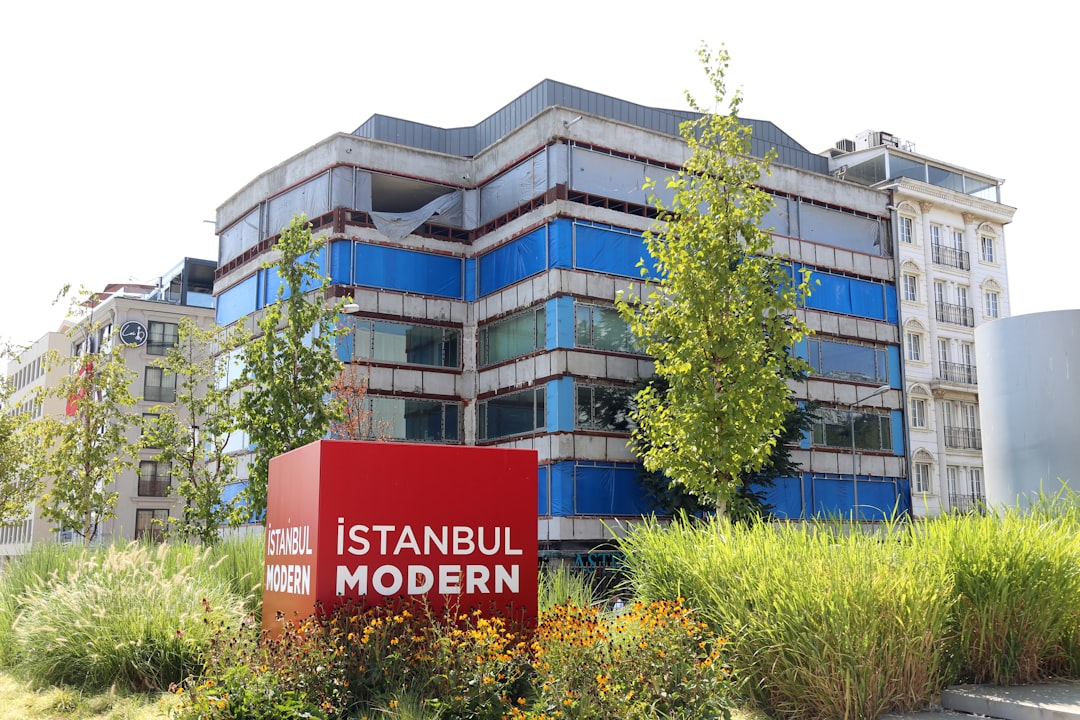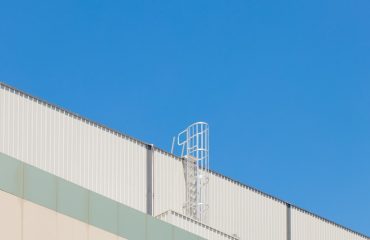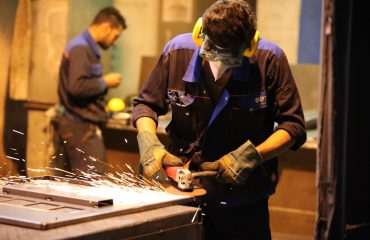Turkey’s steel industry has experienced remarkable growth in recent decades, transforming itself into a significant player in the global steel market. This rise is a testament to strategic investments, technological advancements, and a focus on export-oriented production. This blog post delves into the key aspects of Turkish steel’s global presence, examining its strengths, challenges, and future outlook.
The Rise of Turkish Steel Production
Turkey’s steel production journey began with modest beginnings, but strategic investments in infrastructure and technology have propelled it to impressive heights. The country boasts a robust network of integrated steel mills and specialized steel plants, capable of producing a wide range of steel products, from basic flat and long products to more sophisticated specialized steels. This diversification is crucial in catering to the diverse demands of the global market. Government support, including incentives for modernization and expansion, has further fueled this growth. The privatization of several state-owned steel enterprises has also injected competitiveness and efficiency into the sector, leading to increased production and improved quality control. Access to raw materials, particularly iron ore imports, while posing some challenges due to fluctuating prices, has also been a critical factor in supporting the expansion of Turkish steel production.
Turkish Steel Exports: A Global Reach
Turkey’s ambition extends beyond domestic consumption; it’s firmly established as a major exporter of steel. Strategic geographic location provides access to both European and Middle Eastern markets, facilitating efficient transportation and logistics. The country actively targets specific international markets, adapting its product offerings to meet regional demands. This targeted approach has enabled Turkish steelmakers to establish strong partnerships and build a reliable reputation for quality and timely delivery. Significant export volumes are directed towards countries in the European Union, the Middle East, and North Africa, showcasing the industry’s ability to compete on a global scale. However, navigating fluctuating international steel prices and competition from established players remains a consistent challenge.
Quality and Innovation in Turkish Steel Manufacturing
The success of Turkish steel in the global arena isn’t solely reliant on volume; it’s driven by a commitment to quality and innovation. Turkish steel manufacturers are increasingly investing in research and development, leading to advancements in steel production processes and the development of specialized steel grades tailored to specific applications. This focus on innovation translates into higher-quality products that meet stringent international standards. Furthermore, the adoption of advanced technologies, such as electric arc furnaces and continuous casting, enhances efficiency and reduces environmental impact. This commitment to quality and environmental responsibility is crucial in attracting international buyers who prioritize sustainable and high-performance materials.
Challenges Faced by the Turkish Steel Industry
Despite its impressive progress, the Turkish steel industry faces several challenges. Fluctuations in global steel prices, driven by factors such as economic downturns and geopolitical instability, significantly impact profitability. Competition from other major steel-producing countries, particularly those with lower labor costs, remains intense. Furthermore, access to raw materials, particularly iron ore, can be affected by international market dynamics and supply chain disruptions. The industry also needs to address concerns about energy consumption and environmental sustainability, aligning with global efforts to reduce carbon emissions. Navigating these challenges effectively is crucial for maintaining the industry’s long-term competitiveness and sustainability.
The Future of Turkish Steel in the Global Market
The outlook for Turkish steel in the global market remains positive, albeit with inherent challenges. Continued investment in technological upgrades, diversification of product offerings, and strategic partnerships are vital for sustaining its growth trajectory. A focus on sustainable manufacturing practices, including reducing carbon emissions and promoting circular economy principles, will be crucial for attracting environmentally conscious buyers. Exploring new markets and fostering closer collaboration with international stakeholders will further enhance the industry’s global reach. By proactively addressing the challenges and capitalizing on emerging opportunities, the Turkish steel industry is well-positioned to maintain its significant role in the global steel market for years to come.
The Turkish steel industry’s journey showcases a remarkable transformation, built on strategic investments, technological advancements, and a commitment to quality. While challenges persist, its future prospects remain bright, promising continued growth and a strong global presence.




